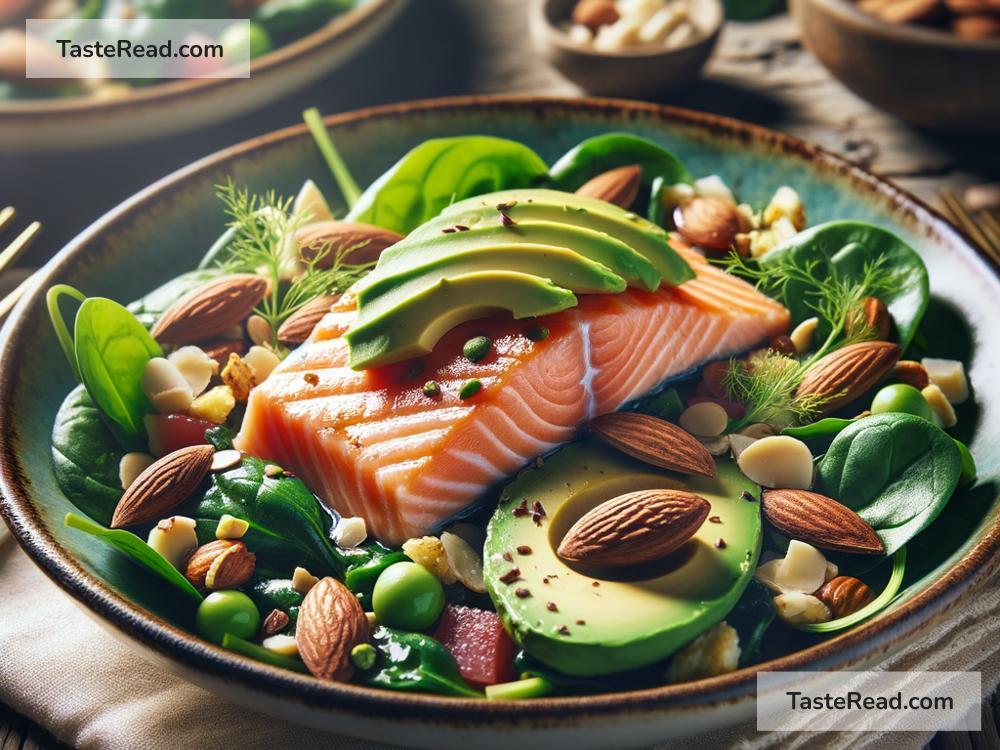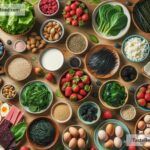Foods That Reduce the Risk of Hearing Loss
Have you ever thought about how your diet affects your hearing? While most people think of hearing loss as something caused by loud noises or aging, your eating habits can also play a big role in keeping your ears healthy. There are certain foods that can help protect your hearing, and adding these to your diet might lower your risk of hearing problems later in life.
In this blog, we’ll break down some of the best foods for hearing health and explain how they help protect your ears. The good news? These are everyday foods you can easily find and enjoy!
First, How Does Food Impact Hearing?
Your ears aren’t just about sound. They’re connected to your overall health. For example, if your blood circulation isn’t great, the tiny hair cells in your inner ear (which help detect sound) can become damaged. These cells are delicate and can’t regenerate, meaning damage can lead to permanent hearing loss.
Proper nutrition keeps your blood flowing well, fights inflammation, and strengthens your body’s ability to repair itself. Certain nutrients, like vitamins and minerals, help promote inner ear health and protect you from damage caused by aging or exposure to loud noises.
Foods That Protect Your Hearing
Here are some foods packed with nutrients that promote healthy hearing:
1. Leafy Green Vegetables
Spinach, kale, and other leafy greens are high in folate, a type of B-vitamin that helps with blood circulation. Poor circulation can damage the hair cells in your inner ear, so keeping your blood vessels healthy is key.
Folate is also known to reduce inflammation in the body, including in your ears. By eating leafy greens regularly, you’ll not only support hearing health but also boost your energy and overall wellness.
2. Fish Rich in Omega-3
Fatty fish like salmon, mackerel, and trout are full of omega-3 fatty acids. These healthy fats have anti-inflammatory properties, which can protect the sensitive structures in your ears. Studies have shown that omega-3s may reduce hearing loss associated with aging because they improve circulation and keep your ear’s blood vessels healthy.
Fish is also a great source of vitamin D, which supports bone health. Your inner ear has small, delicate bones that are essential for hearing, so keeping those strong with vitamin D is an extra bonus.
3. Citrus Fruits for Vitamin C
Oranges, lemons, grapefruit, and other citrus fruits are rich in vitamin C, a powerful antioxidant. Antioxidants like vitamin C fight harmful molecules called free radicals that can damage your cells, including in your ears.
Free radicals can accumulate due to exposure to loud noises or aging. Eating vitamin C-rich foods helps your body repair and protect itself, reducing the chance of long-term hearing loss.
4. Nuts and Seeds
Almonds, walnuts, sunflower seeds, and flaxseeds are packed with magnesium and zinc. Magnesium has been shown to protect your ears from damage caused by loud noises. It acts like a shield for your inner ear, preventing damage to sensitive cells.
Zinc, on the other hand, helps maintain your immune system and repair tissue damage. If you’ve ever had an ear infection (which can cause temporary hearing problems), eating foods rich in zinc can help your ears recover faster.
5. Bananas for Potassium
Bananas and other potassium-rich foods, like potatoes, avocados, and spinach, are excellent for hearing health. Potassium helps regulate the fluid in your inner ear, which is important for transmitting sound signals to your brain.
As you age, the fluid levels in your ear can decrease, potentially affecting your hearing. Eating potassium-rich foods can help maintain these fluid levels, keeping your ears functioning well longer.
6. Carrots and Sweet Potatoes
Carrots and sweet potatoes contain beta-carotene, which your body turns into vitamin A. Vitamin A is essential for keeping the delicate membranes inside your ear healthy. Regularly eating orange-colored veggies supports your hearing and keeps your ears more resilient against wear and tear.
7. Dark Chocolate for Zinc
Good news for chocolate lovers! Dark chocolate (in moderation) is a great source of zinc, a mineral that boosts your immune system and helps repair ear damage. Just make sure to pick dark chocolate with less sugar to get the health benefits without unnecessary calories.
Foods to Limit for Better Hearing
While adding the foods above to your diet can help protect your hearing, it’s also important to limit foods that may harm it. Avoid or cut down on highly processed foods, sugary snacks, and high-sodium meals. These can lead to high blood pressure, poor circulation, and inflammation—all factors that can negatively affect your hearing.
Drinking excessive alcohol can also interfere with blood flow to your ears, so enjoy alcohol in moderation.
Final Thoughts
Protecting your hearing isn’t just about avoiding loud noises. Eating a healthy, balanced diet plays a key role in keeping your ears functioning well for years to come. Foods rich in vitamins, minerals, and antioxidants can prevent damage to your inner ear, promote blood circulation, and reduce inflammation.
Start small and add some hearing-friendly foods like spinach, bananas, nuts, and fish to your meals this week. Making these changes now could pay off big in the future—they’re not only good for your ears but also for your overall health. It’s a win-win!
So, next time you’re grocery shopping, remember: healthy ears start with a healthy plate.


